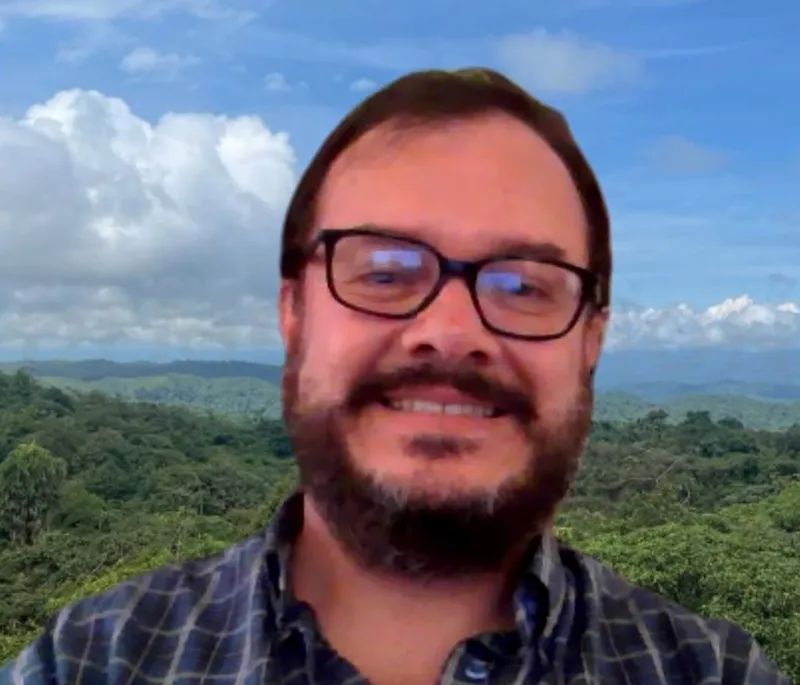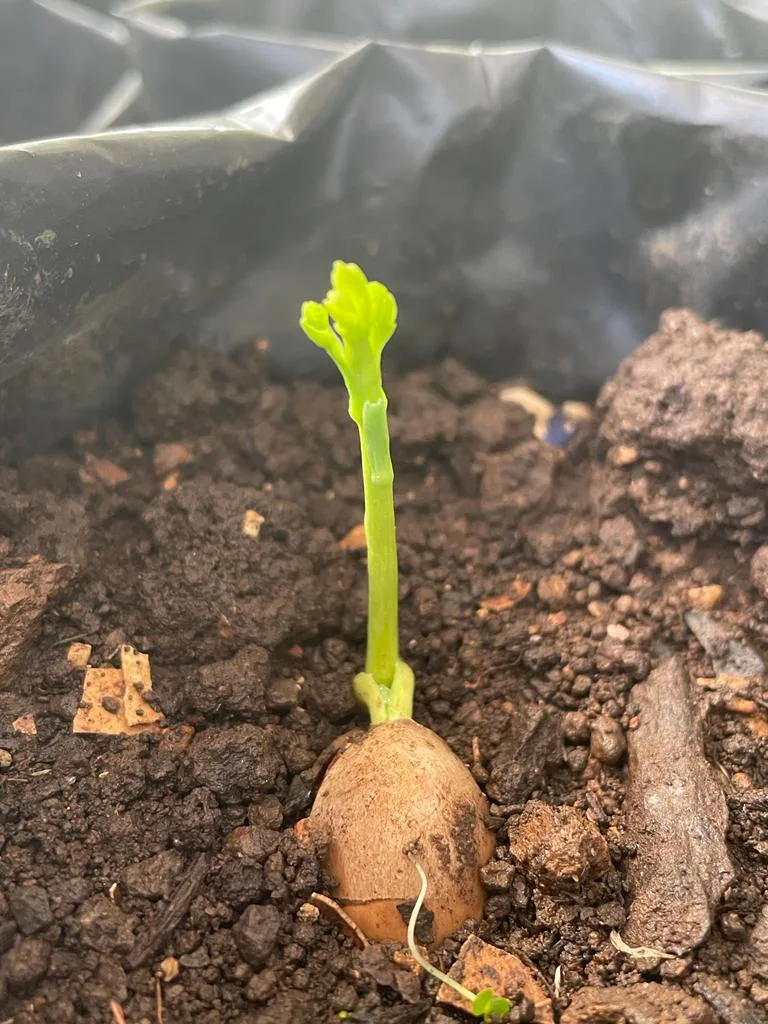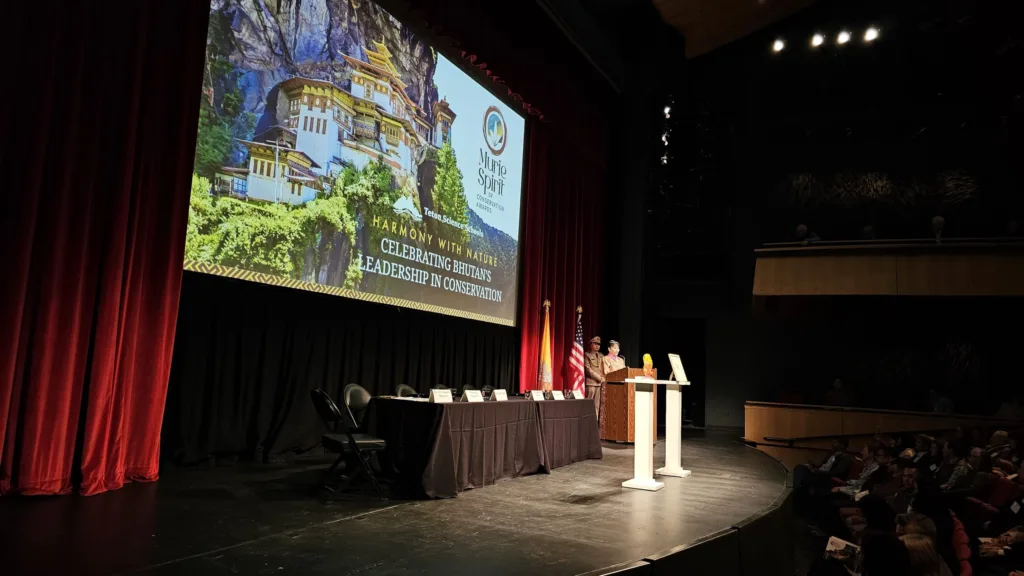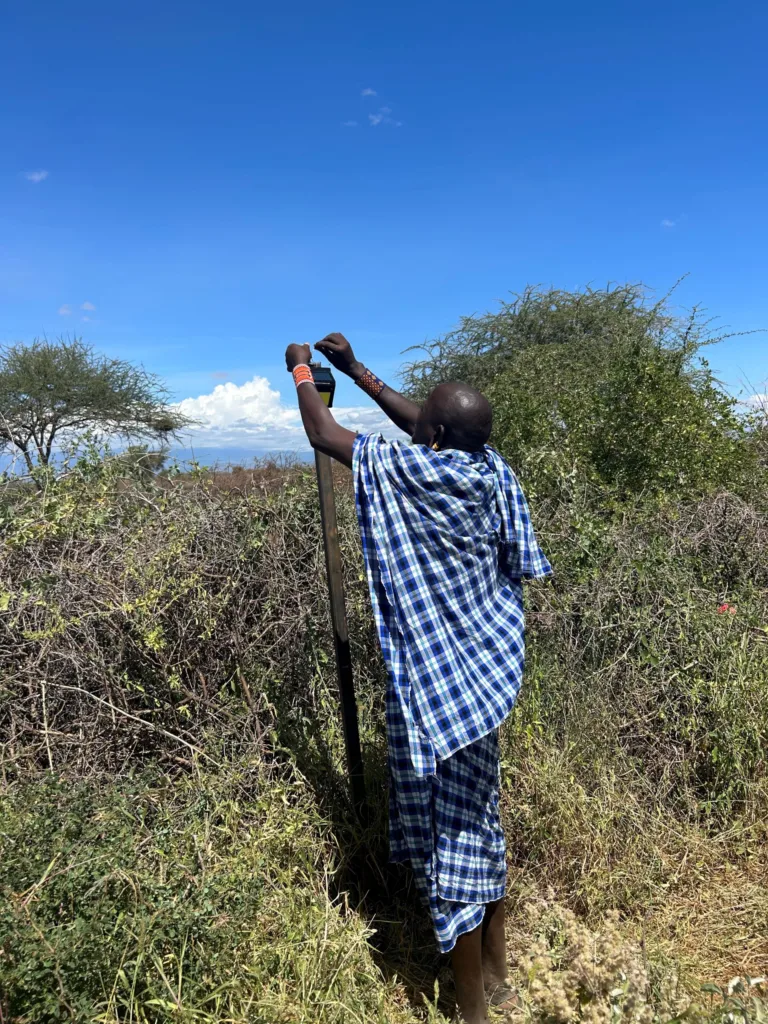
By: Gerardo Avalos, PhD
Trees of Peace
Atomic bomb-surviving trees, Hibaku-jumoku, will grow in Costa Rica as a symbol of peace.
On August 6, 1945, the Japanese city of Hiroshima became the first city to be destroyed by an atomic bombing. This was the prelude to the end of the Second World War, one of the most cruel and violent episodes in the history of humankind. Three days later, the second atomic bombing took place in the city of Nagasaki. Approximately 250,000 people died as a direct cause of the explosions. The consequences of radiation exposure caused the slow and painful deaths of many more. From that moment to date, humanity lives under the shadow of the bomb and the risk of total self-destruction.
Much has been written to justify the decision to carry out the first atomic bombing in history, the first event of the use of weapons of mass destruction on a large scale. It is likely that an invasion of the Japanese islands would have had a greater cost in loss of life. It is very difficult to justify these decisions. War, per se, is impossible to justify. We must learn from these painful lessons and avoid repeating the mistakes of the past and to build a culture of peace.
Peace is not only the absence of an armed conflict. The meaning of this term, in my opinion, goes hand in hand with the concept of justice, which makes it a very controversial argument. A peaceful society is a just society, and in a just society all people have the right to pursue happiness. To achieve this, it is necessary not only to satisfy the basic material needs, but also the spiritual ones. From this point of view, a just society provides many goods and services to its inhabitants, including health, a clean, healthy, and ecologically balanced physical space, and opportunities for education and personal fulfillment. Hence, the concept of justice encompasses many other concepts, such as environmental, social, intergenerational, and ecological justice.
A peaceful society is pluralistic and egalitarian. There are no distinctions by concept of religious beliefs, sexual orientation, gender, age, race, and social condition. A just society is honest. Corruption itself is a devious form of violence, normalizing cheaters and ensuring that they are the ones who get the most benefit by stealing resources from the weakest.
The Green Legacy Hiroshima Foundation (https://glh.unitar.org/ ) was established in 2011 to propagate the seeds of the trees that survived the atomic bomb, which are called Hibaku-jumoku. These trees gave Japanese cities, destroyed by atomic bombing, the hope to regenerate and recover. The Foundation propagates these trees in regions that have experienced natural disasters, violence, or are under threat from weapons of mass destruction. With the proliferation of nuclear weapons, it is the entirety of humanity that lives on the brink of annihilation. The message of the Foundation is very compelling. Humanity is thirsty for sources of inspiration and reasons to regenerate, to recover, and to restore peace, be it the kind that comes immediately after a military conflict, a natural disaster, or after political scandals related to corruption and the concentration of power, which move the most intimate fibers of a society.

A Ginkgo-biloba seedling. (Photo: Gerardo Avalos)
Like the trees that survived one of the culminating acts of human madness, the seeds contain the hope of regeneration, of a better and more ecologically balanced tomorrow, of a return to our original roots, of understanding that we, like nature itself, are capable of recovering from our traumas and mistakes, and that everything begins with a first step, which can be as small and humble as a seed. At a time when decisive and lucid action is required to act against climate change, a product of human greed and selfishness, the Foundation’s message could not be more important. It is urgent to teach our future generations that science must serve humanity for peaceful purposes, and that it should not be at the service of domination or the concentration of power.
For these reasons, I contacted the Foundation in April and requested the donation of seeds. Through the University of Costa Rica, and the School of Biology (where I am also a faculty member), I requested to include Costa Rica as part of the collaborating countries of the Green Legacy Hiroshima Foundation (https://glh.unitar.org/en/countries/CRI ). Then, I received a donation of Ginkgo biloba and Diospyros kaki seeds in November 2021 to disperse this message. The long humanist tradition of Costa Rica is consistent with the goals of the Foundation. This initiative is supported by the Hiroshima Botanical Garden through the Green Legacy Hiroshima Foundation and its founding partners Nassrine Azimi and Tomoko Watanabe. The donation and shipment of the seeds was coordinated through Yuko Baba. From the beginning, the project had the support of the UCR School of Biology through its director, Dr. Cindy Fernández. The Embassy of Costa Rica in Japan, through the Ambassador Alexander Salas Araya and the Consul William Calvo, received the seeds in Tokyo and sent them to Costa Rica; both made it possible for the Embassy of Japan in Costa Rica to also support this initiative. The School for Field Studies, and the Center for Sustainable Development Studies, are providing greenhouse space to germinate part of the seeds. Many national and international colleagues provided suggestions on germination methods and shared their experience. The initiative continues with the hope of obtaining seedlings and propagating these trees in public places to inspire present and future generations about the message of peace of the Hibaku-jumoku trees.
Germination of the Ginkgo biloba seeds recently took place. The trees, once established, must be planted in public places to ensure that the entire country will have access to them.
This message of peace transcends borders, languages, cultural, political, religious, and generational differences, and is an invitation to create an inclusive culture and a society of true peace that inspires future generations to work for the common good and use science for peaceful purposes for the good of all mankind.
_______
Related Posts

Restoration on a Cinder Cone: A Syntropic Story

Bhutan Honored with the Murie Spirit of Conservation Award
